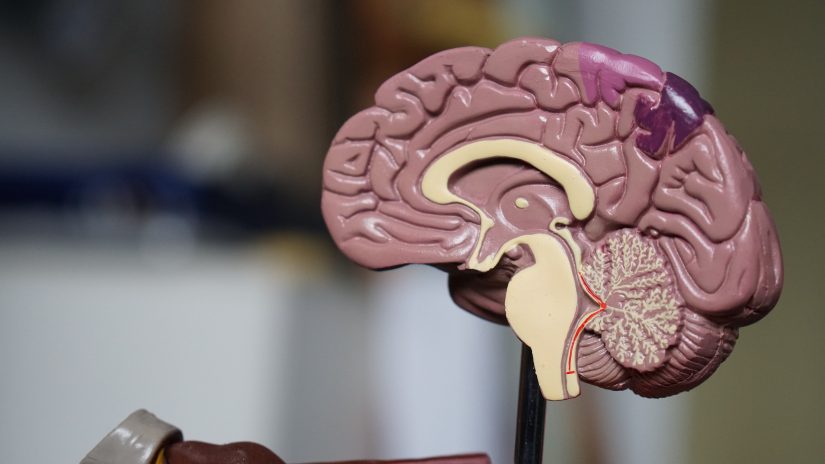
Wednesday (28/1) Center for Public Mental Health, Faculty of Psychology UGM held an Online Lecture with the topic “Brain and Mental Disorders”. The event at 13.00 WIB was delivered by Dr. Diana Setyawati, MHSc., Psy as resource persons. Held online via Zoom, this event was attended by various groups of participants, such as students, lecturers, and practitioners.
This online lecture program talks about the relationship between mental disorders and the brain. “So, what really happens when the brain is “sick”, something like that”, explains Diana. When the brain is “sick” it can be interpreted that there are certain parts of the brain that are working less well or wrongly. In addition, a “sick” brain can be interpreted as a disturbance in the network and communication between pathways that work inappropriately.
There are several things that cause the brain to “sick”, such as genetic conditions, injuries, infections, tumours, toxins, or harmful substances that come from outside the body or the environment as well as the effects of acute and prolonged pressure or stress. “Need to be known together or we review again that the name of the stressor is mostly neutral. A stressor that is considered light or heavy is our own perception, therefore the discussion is the perceived stressor,” explained Diana.
Perceived stressor is related to a person’s understanding of the source of stress whether it is pressing or not. For example, working from home is a neutral activity or “sentence”. However, for some people it is fun because they can do many things at one time. While for some other people, working from home is stressful and creates feelings of great sadness.
Then Diana continued to explain that a person’s response to stressors is part of mental health, “Feeling anxious about school can be a sign for someone to study harder. That is, the stressor is still needed to the optimum level. Such as pressure in the form of deadlines is something that is needed so that someone can work optimally.
“So, everyday stress can’t cause someone to have mental disorders,” said Diana. Everyday stress is normal and beneficial because stress can be a sign that someone needs something different to do something. In addition, stress can also lead a person to continue to learn and adapt.
